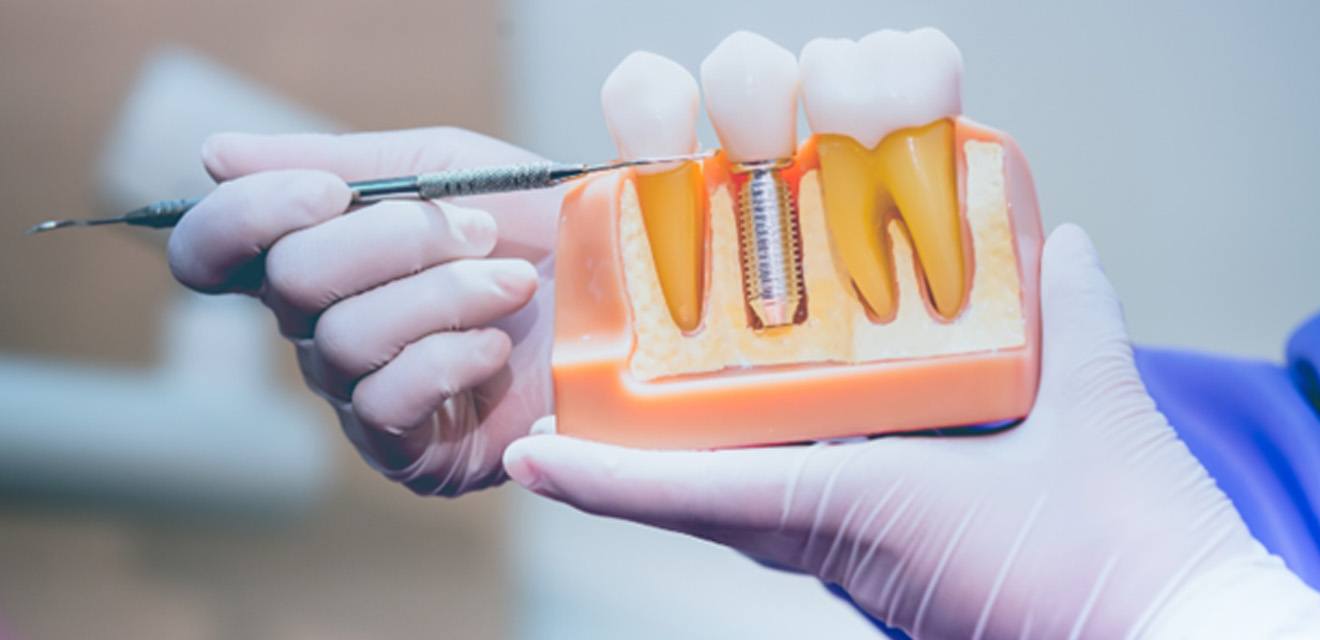Dental Implant Failure & Salvage – Denver
Keep Your Completed Smile
Dental implants have an impressive success rate of over 95% when they are placed by a skilled dental professional. That being said, dental implant failure is still possible. If you find yourself in the rare situation of having a dental implant that is loose, painful, or otherwise compromised, we’d be happy to take a look. At Pearl Dentistry, we may be able to save your dental implant with dental implant salvage treatment. The sooner we can examine your smile, the better, so don’t hesitate to contact us if you have any concerns.
Why Choose Pearl Dentistry for Dental Implant Salvage Treatment?
- Modern Dental Technology
- Personalized Treatment
- Flexible Financing Available
Why Do Dental Implants Fail?

The most common cause of dental implant failure is a condition called “peri-implantitis.” This happens when bacteria and infection damage the connective tissue from around the implant and weaken the supporting jawbone structure. In the majority of cases, this is caused by poor oral hygiene and untreated gum disease. Other ways that dental implants can fail include injury, failed osseointegration, and certain medical conditions, like uncontrolled diabetes.
Symptoms of Failed Dental Implants

Dental implant failure doesn’t always happen right after the implants have been placed. Failure can also occur many years after you’ve had your implants. Here are some of the symptoms to be on the lookout for:
- Pain and discomfort
- Gum recession around the implant
- Loose dental implant
- Difficulty chewing
- Gum inflammation
How Dental Implant Salvage Works

If you have concerns regarding your dental implants, give us a call . We can schedule you an appointment so we can examine your smile and discuss the symptoms that you’ve been experiencing. Then, we can put together a treatment plan that’s right for you. Several different treatment methods could be needed depending on your situation. The most common ways that we address dental implant failure include deep cleanings, antibiotic treatment, and other infection control methods. The quicker that we can address the issue, the more likely that we can save your dental implant from failing.
